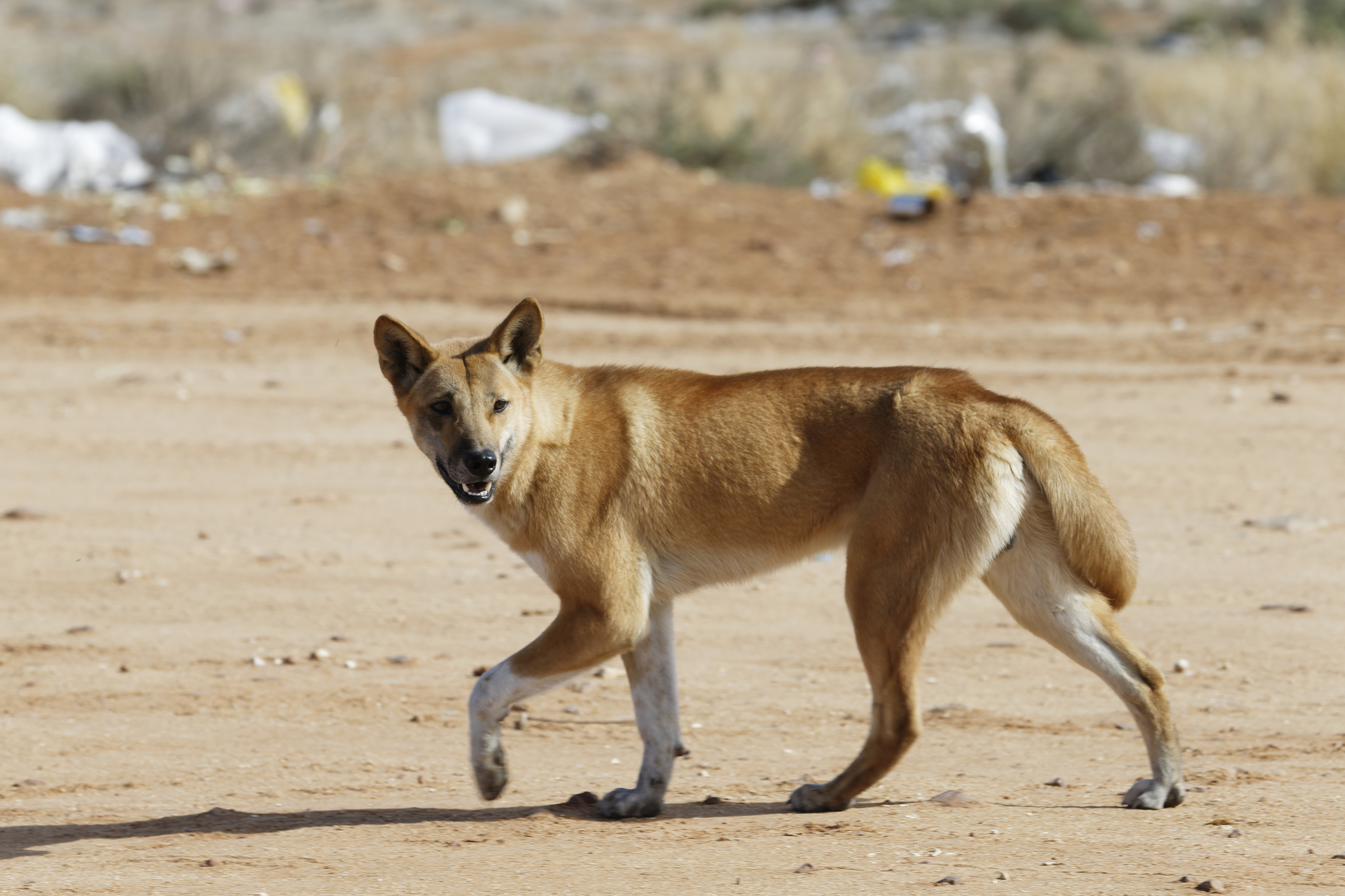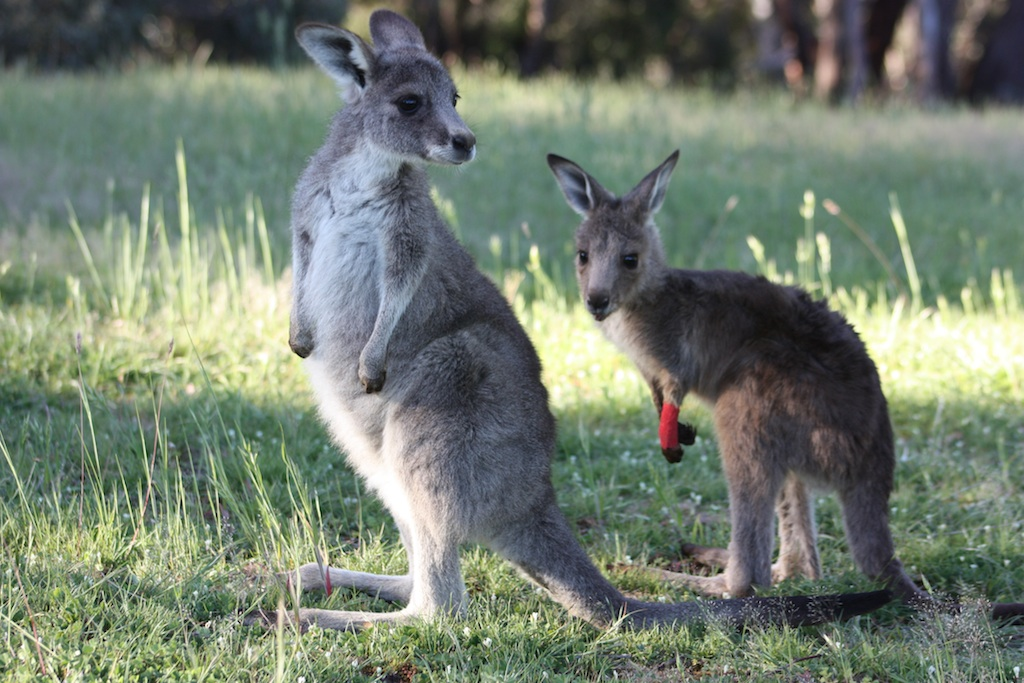Across Australia, dingoes are slowly being recognised for what they are: Australia's local apex predator with deep cultural significance and an important ecological role. Yet in many jurisdictions they continue to be subjected to widespread lethal control through baiting, trapping and shooting, due to policies that still classify them as pests or biosecurity threats. In 2023, Victoria ended...
In May this year 145 scientists from 50 countries published a loud clarion call for ‘transformative change’ in our economic and social systems to prevent the ‘dangerous and unprecedented decline’ in nature which is hurtling headlong into a global extinction crisis. They warned that 1 million of the world’s estimated 8 million species are threatened with extinction and that direct exploitation is one of the main culprits. At the 18th Conference of the Parties to the Convention on International Trade in Endangered Species (CITES) there were encouraging signs that, at least some, governments have been paying attention judging from their votes to give new or increased protection to 139 species threatened by commercial trade.
I have been to four CITES conferences since my first as a young campaigner in the year 2000 and at this meeting I detected a distinct shift in favour of taking much more care of wildlife and a rejection of arguments for reckless commercial trade in animals and their body parts. It was heartening to hear strident interventions, especially from governments across Central and West Africa and Central America, calling for greater efforts to forestall extinctions.
As Jeffrey Flocken, President of Humane Society International, said in our closing media release: “The world is waking up to the reality that we are at a turning point for saving our planet’s wildlife. Thankfully, the countries of the planet seem to be shifting their focus from exploiting animals to protecting them.”
Countries voted overwhelmingly to protect giraffes from overexploitation in the international trade. This is the first time that giraffes have received CITES protection, and it couldn’t have happened sooner. Giraffe populations have declined around 40% in the last 30 years and as Humane Society International investigations have revealed unregulated commercial trade in their hides and bones is part of the problem.
Countries also took action at CITES to limit the capture of wild African elephants from Botswana and Zimbabwe for export to zoos. This cruel trade causes immense suffering for the animals and Zimbabwe alone has, since 2012, exported a total of 108 elephants to zoos overseas. Conservationist, Dr Jane Goodall issued a statement of concern, and celebrities, including Joanna Lumley, Ricky Gervais, Judi Dench, Pamela Anderson and others submitted an open letter to European Union officials, calling on them not to oppose the proposal. In the end the proposal did succeed despite the fact that the United States voted against it.
Delegates rejected multiple dangerous proposals to open up the trade in elephant ivory and rhino horn. A poaching crisis imperils both species and allowing such trade would have undermined ongoing global efforts to reduce a demand for ivory and rhino horn, created enforcement problems, and further pushed these iconic animals to the brink.
CITES delegates also recognized the overexploitation of wildlife for the pet trade as a priority concern, and took action to prohibit international commercial trade in Asian small-clawed otters and smooth-coated otters. These two semi-aquatic species are highly sought after for the pet trade, especially for “otter cafés” in Japan where customers get a chance to hold and pet the furry animals and pose for photos. Investigations have shown that the animals suffer immensely in these situations.
International commercial trade in Indian star tortoises, sought after as pets in China and Thailand, was also prohibited. The illegal trade in these small and pretty tortoises has rocketed over the past few years and they are now the most common tortoise species seized in the illegal wildlife trade.
Country delegates at Geneva also voted to protect mako sharks, giant guitarfish, wedgefish and sea cucumbers — all species negatively impacted by the international trade in their meat and fins.
I am very proud of the Humane Society International team of strong and experienced campaigns who worked hard alongside pro-conservation governments to help achieve this gains for animals. I am also encouraged because the pro-conservation vote seems to be emboldened in the face of the crisis we are facing.
But it wasn’t all positive. Delegates chose to abandon 104 species of glass frog to fend for themselves in the selfish pet trade. The tiny translucent frogs are a current fad for exotic pet collectors and are stolen from rainforests across Central and South America. Most galling of all it was the EU, whose citizens are major pet trade customers, who used their 28 votes to block the modest trade controls that were requested for these species from Costa Rica, Honduras and El Salvador. Our hope now for these frogs is that parties will have a change of heart when Costa Rica hosts the next CITES conference in three year’s time and re-presents the proposal.
You can bet Humane Society International will be there in force to help them.
Nicola Beynon is our Head of Campaigns in Australia and has twenty five years of experience campaigning in the Australian and international animal protection movements. She first joined HSI in 1998 and has spent a total of 15 years with the organisation. She has also spent time working in the NSW parliament as a policy advisor to an upper house MP and spent three years with World Animal Protection. Nicola has championed wildlife protection at many multi-lateral environment meetings including the UN Convention for Trade in Endangered Species CITES, Convention for the Conservation of Biological Diversity (CBD), Convention for Migratory Species and the International Whaling Commission (IWC); often as an adviser on Australian government delegations. Career highlights have been negotiating Australia’s national environment laws in 1999, securing protection for a ‘million acres’ of threatened wildlife habitat, taking the Japanese whalers to court and winning, working with the Australian Government to instigate international agreements for albatross and sharks, and protecting great white sharks from the global trade in their jaws and fins.
Header Image: pioordozgoith


